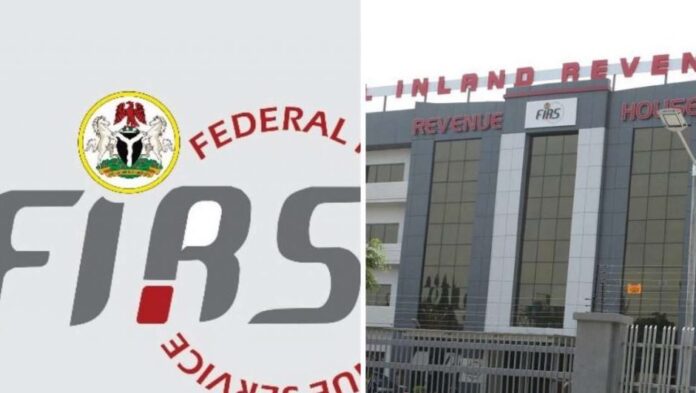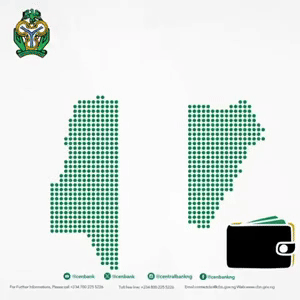The Federal Inland Revenue Service (FIRS) s has directed Fintechs to report all transactions channeled through their network to the service. The move followed ongoing implementation of e-invoicing implementation processes for major businesses in the country.
Fintechs, also known as payment gateways are online platforms licensed by the Central Bank of Nigeria (CBN) that enable businesses to securely process electronic payments from customers.
They include Fintechs like Flutterwave, Paystack, Remita, and Interswitch, among others.
The Acting Director of Tax Automation at FIRS, Mike Adoga, who disclosed this during a 2-day workshop on the e-invoicing solution in Lagos, said the submission from payment gateways is imperative to ensure that all business transactions pass through the FIRS Merchant Buying Solution (MBS).
“If you’re tempted as a taxpayer not to declare your invoices on the invoicing platform, that would not be a very good idea, because we have given all the payment gateways the responsibility of reporting every payment that passes through them to us,” Adoga told the stakeholders.
The e-invoicing system is designed for various transaction types, including Business-to-Business (B2B), Business-to-Consumer (B2C), and Business-to-Government (B2G).
While over 1,000 companies are said to have onboarded on the platform as of August 1, which was the initial deadline set by the FIRS, the Service has extended the deadline by three months to November 1, 2025.
According to the FIRS, onboarding on the e-invoicing platform is mandatory for companies with an annual turnover of N5 billion and above, and there are currently about 5,000 of them.
Explaining the rationale for the new automated tax system, Adoga cited reports indicating that Nigeria’s tax-to-GDP ratio is hovering around 10 per cent.
“What this means is that only 10 per cent of taxable transactions have been captured. That’s not good for us as a country. This is why we put the frameworks in place to enable us to do the right thing more easily,” he said.
He noted that the e-invoicing project called Merchant Buyer Solution is a national project championed by FIRS in partnership with the Ministry of Finance, Nigeria Customs Service, CBN, and the National Information Technology Development Agency (NITDA) as technology governance partner.
According to him, the objective of e-invoicing is to be able to track all transactional data and reduce cases of arguments during tax filings.
“If we’re part of the transaction from the beginning, when it’s time to establish your profit, tax liabilities that come from your profit, there’ll be less argument, there’ll be less audit and compliance will be higher,” he said
The FIRS e-invoicing, also known as the Merchant Buyer Solution (MBS), is a digital system implemented by the FIRS to facilitate the issuance and management of electronic invoices.
This system replaces traditional paper-based or electronic invoices with structured digital invoices for all business transactions, aiming to enhance tax compliance, streamline processes, and improve transparency in tax administration.
Adoga had earlier assured stakeholders of strict data confidentiality under the electronic invoicing initiative. He said the agency is guided by the Nigeria Data Protection Act (NDPA) and has put in place strong safeguards to ensure data shared for tax purposes remains secure.
“I want you to be rest assured that we are guided by the NDPA and that all data passed for tax purposes remains confidential. Taxpayer A does business with Taxpayer B, and it’s a taxable transaction — FIRS wants to know about it and make sure the taxes due are remitted correctly and on time. If we know about the transaction from the beginning, then there will be no argument because every transaction is captured. This reduces audit and compliance issues,” Adoga said.
He explained that the project is not solely an FIRS initiative but a national one involving multiple federal agencies. “Our tax-to-GDP ratio still stands at around 10 percent, which is not good enough. That means only 10 percent of taxable transactions are being taxed. To close that gap, we must deploy digital solutions like e-invoicing,” he stated.
The e-invoicing platform, according to FIRS, is expected to enhance transparency, improve voluntary compliance, reduce revenue leakages, and bring more economic actors into the formal sector. With over 1,000 large taxpayers already integrated, officials say the coming months will be crucial for onboarding the remaining 80 percent of the target group ahead of the November 1 enforcement date.


